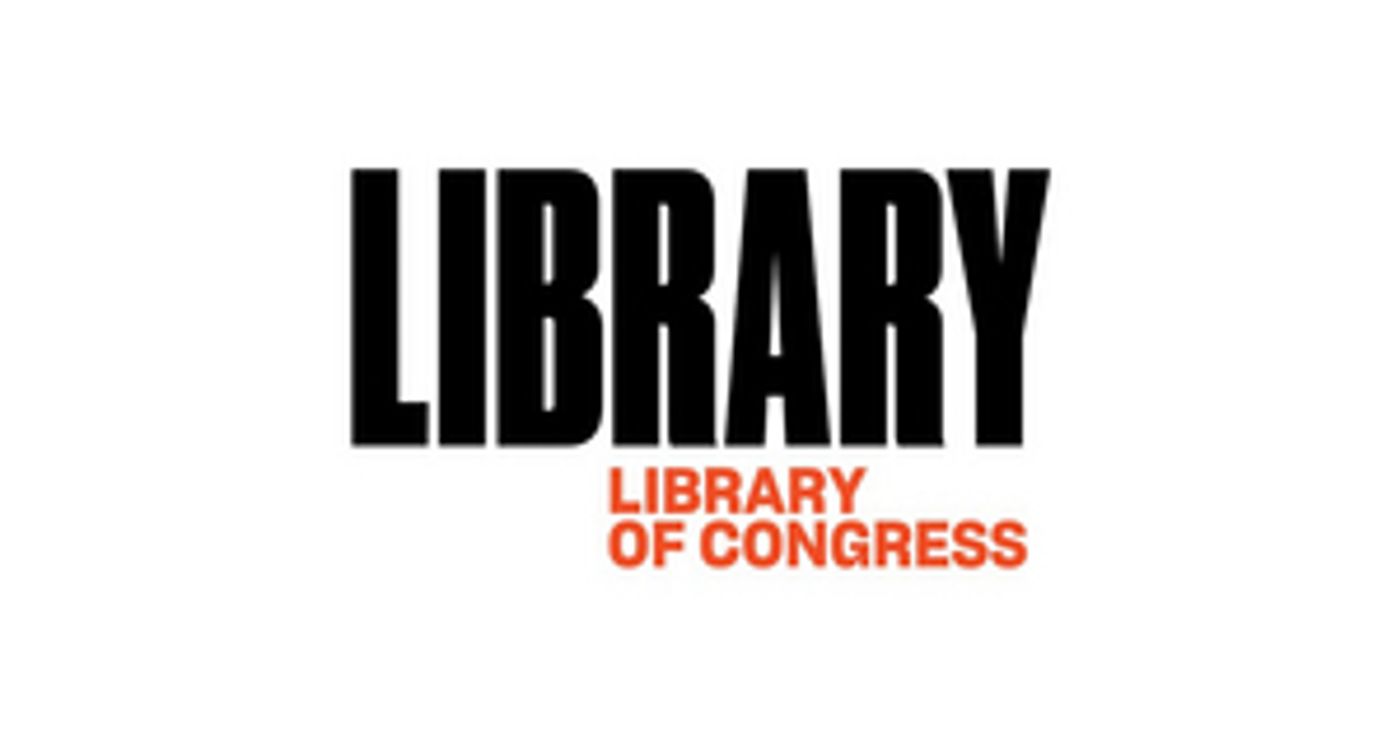Library of Congress Acquires Archives Of Garth Fagan Dance Company
Materials in the collection include photographs, programs, posters, correspondence, audio and visual recordings, creative and teaching notes, and more!

The Library of Congress has acquired the papers of choreographer Garth Fagan and Garth Fagan Dance, the company founded by Fagan in 1970. Garth Fagan Dance is distinguished by the artistic imagination and polyrhythmic movement of Jamaican-born Fagan, layered with the discipline and strength of ballet training. The company has performed in more than 660 cities in 24 countries on six continents.
As widely as the company has toured, many people have encountered Fagan's name on Broadway through his captivating Tony Award-winning choreography for Disney's beloved "The Lion King." With audiences totaling more than 100 million people during its 25 years on Broadway - including 25 global productions and a Broadway-sanctioned tour - the live performances of "The Lion King" make Fagan the most seen Black choreographer of all time.
"Garth Fagan's footprint on dance has left a legacy that will never be forgotten; his work is a true celebration of Black culture," said Librarian of Congress Dr. Carla Hayden. "The archives of his company, Garth Fagan Dance, will be a treasured addition to the Library's performing arts collections."
Fagan was born May 3, 1940, in Kingston, Jamaica. His contemporary dance company merged the strength of ballet with the innovation of modern dance and the rhythms and movement of Afro-Caribbean culture. Fagan has received countless awards and honors in addition to his 1998 Tony Award for Best Choreography, including a Bessie Award for Sustained Achievement and a Guggenheim Fellowship. Fagan is the recipient of honorary doctorates from The Julliard School, the University of Rochester and Hobart and William Smith Colleges.
Materials documenting Fagan's legacy in the collection include photographs, programs, posters, correspondence, audio and visual recordings, creative and teaching notes, and documentation of the activities of Garth Fagan Dance. Highlights include photos of Fagan, from a teenager dancing in Jamaica in the 1950s to footage of him in the creative process from 1990 through 2023; full recordings of seminal works like "Prelude," "Griot New York," "Woza" and "From Before"; and Fagan's handwritten rehearsal notes from major productions. Under the Library's stewardship, Fagan's creative and administrative papers will become publicly accessible for the first time and be safeguarded for future generations.
"I am encouraged, excited, and energized that the history of my life's work, Garth Fagan Dance, built on a Black-created dance vocabulary, Fagan Technique, has touched more than a 100 million souls globally and will be preserved, in perpetuity, at the Library of Congress," Fagan said.
"Fagan's appreciation of music worldwide, classical and contemporary, contributes to the remarkable and highly engaging repertory," said Sue Vita, chief of the Library's Music Division. "The relationship between dance and music in his choreography makes it especially fitting that the Library's Music Division, the world's largest music library, will be the archival home for his collection."
Located in Rochester, New York, Garth Fagan Dance had prepared to celebrate its 50th anniversary in 2020. The COVID-19 pandemic shuttered those plans, and Fagan and executive director William Ferguson II quickly pivoted to activities that would safeguard their dancers but advance their legacy. By 2021, with dance moving to a digital presence to survive the cancelations of live events, the company had launched a working partnership with Rochester Institute of Technology. A performance from this partnership was chosen to launch "NY Pops UP," the governor of New York's initiative to reinvigorate the impacted entertainment industry.
During his work for "The Lion King," Fagan enlisted the assistance of two of his company's principal dancers, Norwood Pennewell and Natalie Rogers-Cropper, to help audition, train and rehearse cast. Both continue to dance with the company, most recently during November performances at The Joyce in New York, a tribute to the Fagan training.
"Joining the annals with Dunham and Ailey, music greats like Duke Ellington and Ella Fitzgerald and holographic music manuscripts written by Beethoven or Lizst or Mozart deeply moves me," Fagan said. "I wonder what other accomplished Black people are still not seen because of constructs that make us invisible. Born in Jamaica and equally a son of America, I am proof that when you go looking, you can find an oasis of contribution living among the people."
The Garth Fagan Dance archives joins the collections of such dance luminaries as Martha Graham, Erick Hawkins, Bob Fosse and Gwen Verdon, Alvin Ailey, Lester Horton, Bronislava Nijinska, Katherine Dunham and the American Ballet Theatre at the Library of Congress.
The Library of Congress is the world's largest library, offering access to the creative record of the United States - and extensive materials from around the world - both on-site and online. It is the main research arm of the U.S. Congress and the home of the U.S. Copyright Office. Explore collections, reference services and other programs and plan a visit at loc.gov; access the official site for U.S. federal legislative information at congress.gov; and register creative works of authorship at copyright.gov.
Videos

